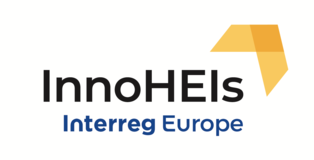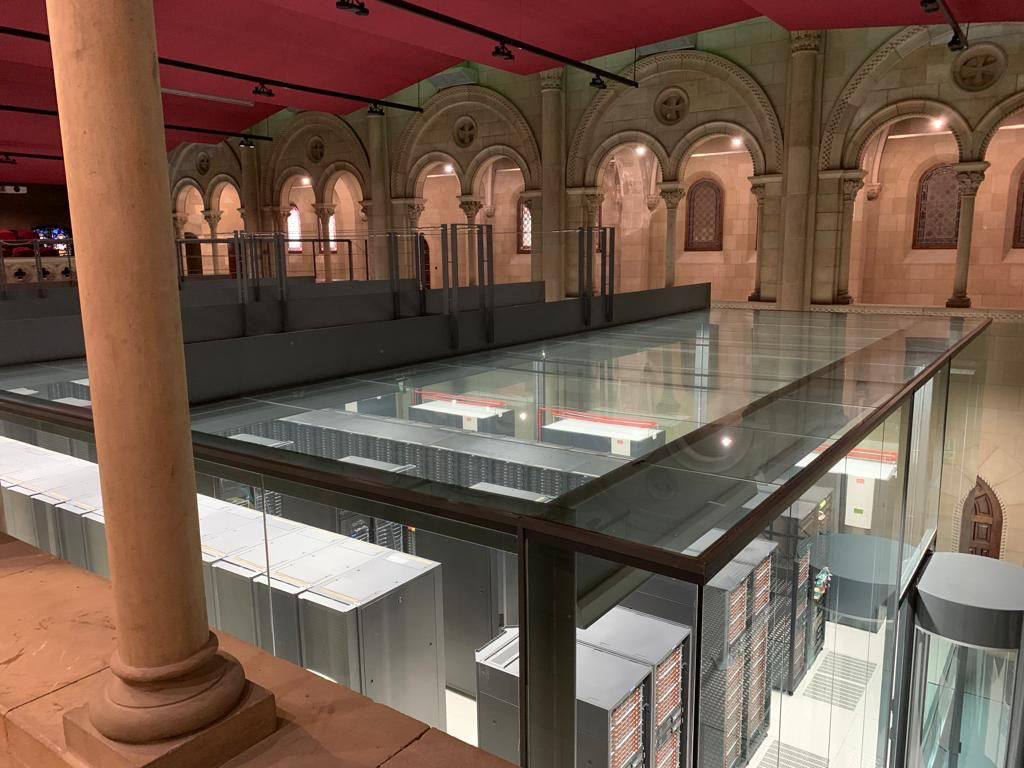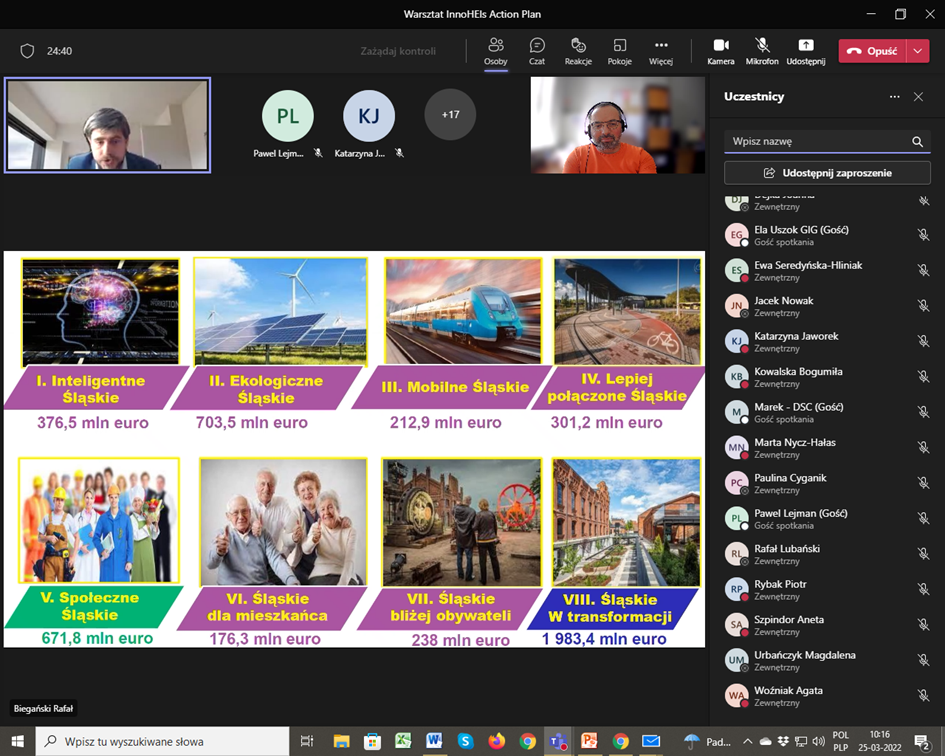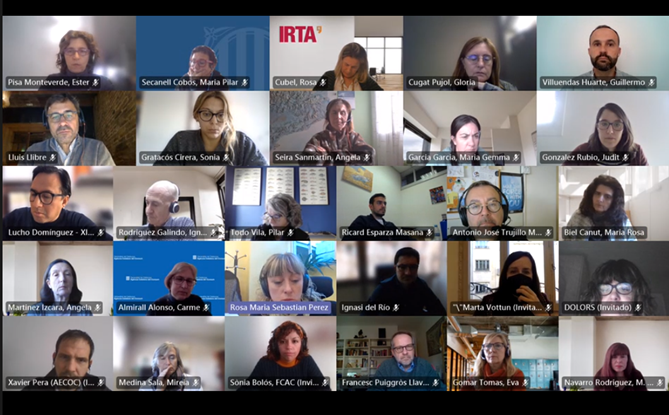Finnish representatives warmly welcomed nearly 40 participants from seven European InnoHEIs project partner countries to the virtual Partner Meeting and Peer Review on 27-28 May 2021. The two days were fully packed with interesting presentations and fruitful workshops sharing knowledge and experiences on how to speed up innovations.
The representatives of event host organisations, Vice President Kirsi Viskari from Tampere University of Applied Sciences (TAMK) and Deputy Region Mayor Päivi Myllykangas from Council of Tampere Region, wished all participants welcome online.
InnoHEIs Project Leader, Rima R. Dijkstra from Hanze University of Applied Sciences, invited all participants to discuss on how to enhance the contribution of higher education institutions (HEIs) in promoting regions interest and awareness of RDI infrastructure, and how to enhance our regional innovation systems to better serve local needs.
Higher education institutions renew and reform society
In her presentation about impact of higher education institutions’ RDI activities, Kirsi Viskari, TAMK’s Vice President, presented HEIs as impact creators. “Defining impact is complex, and the uncertainty relating to impact comes from the complexity”, she said.
“We usually think about from inside out; we are doing things in RDI projects and then measuring what we have done. But we should think more from outside in and focus on the outside perspective. Often we are in love with our own processes, but the external society is mainly interested in the results we provide. We are creating outcome as graduates, new knowledge, skills and business. We should focus on how our students use their skills we provide them when they enter the worklife. That’s the impact”, she emphasized.
“Society is like a platform and universities are supporting this platform. As higher education institutions we should have a proactive approach to renew and reform society. We should build in more agility in our organisations, promote culture which allows trial and error, accept and learn from the mistakes. We should also be open in our decision-making, communications, research work and education with our students, partners, society and companies.”
Towards impact via interaction – people create the societal impact
Viskari underlined that interaction with other stakeholders is crucial. The innovations happen when different disciplines meet.
“We are creating the impact together with others. To interact we should use various communication channels, stories that create more powerful understanding. And we should always focus on people; who are we doing things for? How can we reach them? How can we learn together with people and strive the process of engaging them?”
“Naturally, the main problem in measuring impact is the causality problem, it is not clear at all which impact can be attributed to which cause. And when we are discussing societal impact, this is really difficult. Kirsi’s presentation made me also to wonder when the impact measurement should be done. If too early, this will emphasize research and education yielding only short-term benefits and hence ignoring potential long-term impacts that can be more valuable”, said Pauli Kuosmanen, Director of Innovation Services and Partnerships from Tampere University.
Development Manager Hanna-Greta Puurtinen from TAMK’s R&D Innovation Services reminded that the longer perspective we take, the even more complicated it gets to assess the causalities. “However, being difficult shouldn’t keep us from doing it”, she concluded.
Regional and national levels are vital in enhancing RDI activities
Policymakers both on regional and national level play a vital role in enhancing RDI activities.
Council of Tampere Region is a catalyst, an implementor and a financier on regional level. The council stands in the forefront of fostering ecosystem building within the region. Päivi Myllykangas from Council of Tampere Region emphasized the importance of regional research and innovation policies and encouraging sustainable collaboration between research, business and industry.
“The challenges are often broad and wide. The direction we are heading is mission-oriented innovation policy rather than focusing in particular sectors. When focusing on problem specific solutions we need people to act together”, she said.
“We are perhaps concentrating too much on single point solutions, not system transformation. Instead of solving problems we should shift the system, set direction instead of destination.”
She underlined the importance of interdependence; a collective crisis requests a collective solution. To avoid the impact gap we have to understand the scope of the challenge.
Myllykangas’ colleague, Regional Development Planning Manager Marko Mäkinen presented new regional strategy and smart specialization spearheads.
Read the entire article here: https://bit.ly/2U3C30p









